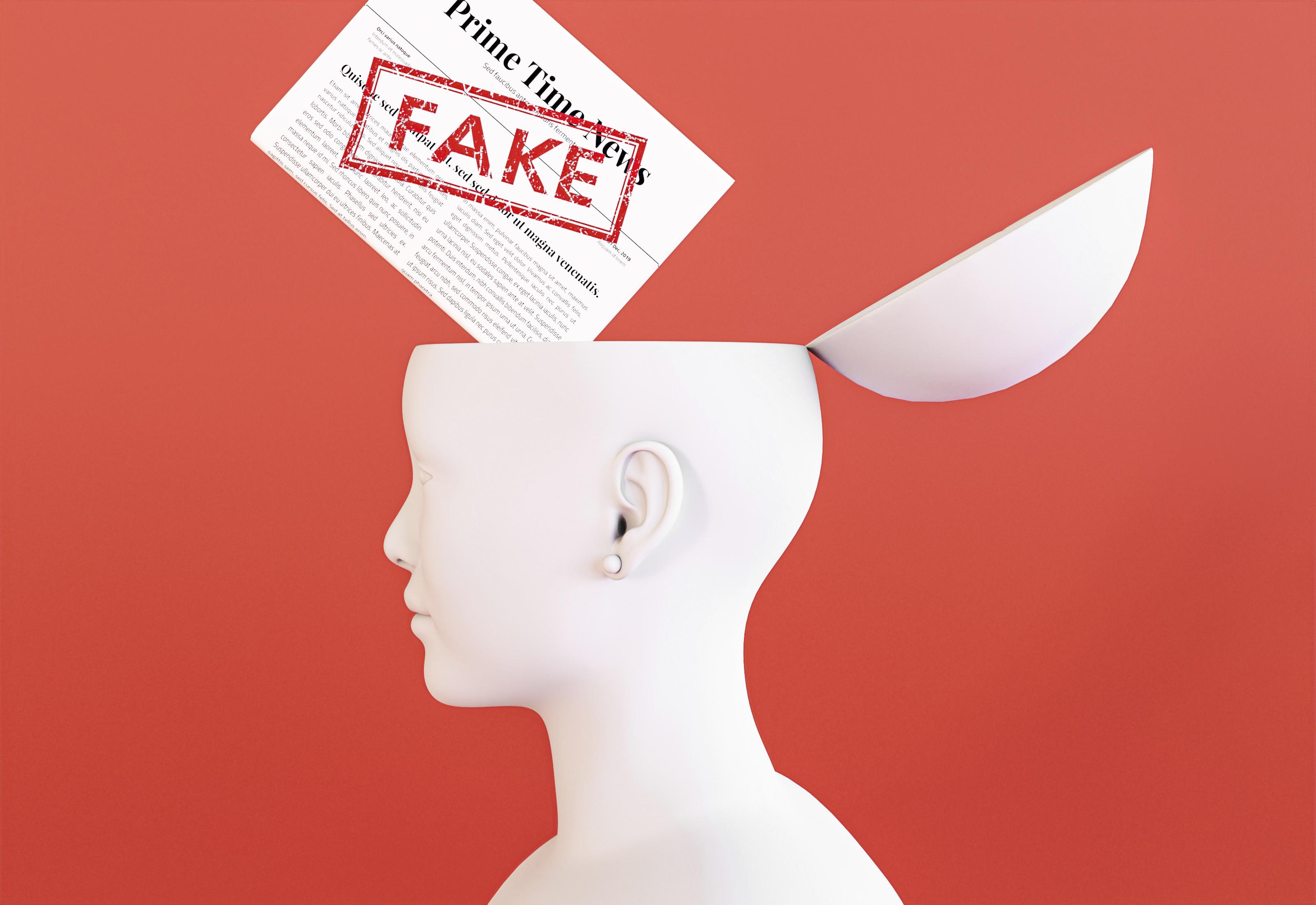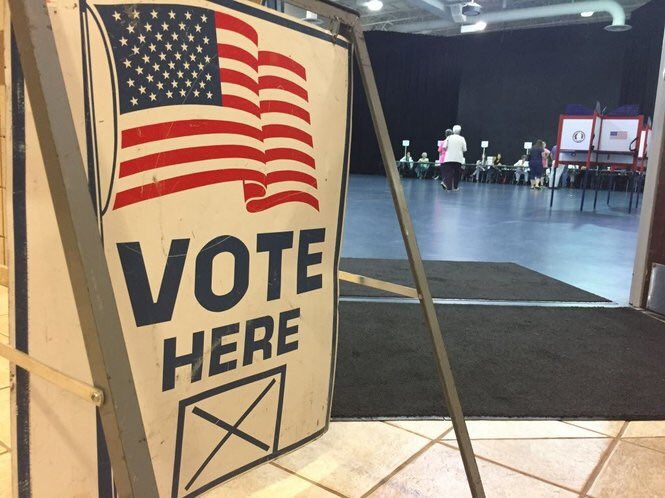- 14 3402-5578
- Rua Hygino Muzy Filho, 737, MARÍLIA - SP
- contato@latinoobservatory.org
 Imagem de Freepik
Imagem de Freepik
In the context of this year’s legislative elections, it is observed that electoral lies and conspiracy theories QAnon from the American far-right, circulated in large numbers among the Spanish-speaking population, arousing concerns about the consequences, such as the discouragement of Latinos to vote and the largest internal division in the community.
The impact of disinformation was especially important in South Florida, a place with a large Spanish-speaking population, born abroad and with significant political influence. A long-standing battleground state that elected Donald Trump in 2020 and is home to major disputes for the government and Senate this year.
Before the midterm elections, the main false narrative is about alleged widespread fraud in the 2020 presidential election, according to Tamoa Calzadilla, editor-in-chief of the Spanish fact-checking site, Factchequeado.com, according to CNN.
“The spread of misinformation and disinformation in Spanish, some of it coming directly from politicians and partisan media outlets, has plagued social media platforms for years and has helped to sow doubt about the integrity of elections in the United States”.
Evelyn Perez Verdia, a Democrat and chief strategy officer for We Are Más, a consulting firm focused on intercultural communications and countering disinformation, told CNN that ‘It’s something that is fracturing our democratic institutions. It’s affecting our families. It’s dividing our families’. False election-related content online has created “a lot of distrust” among Spanish-speaking voters and voters from other diaspora communities”.
Platforms like Facebook, YouTube and Twitter have sought to find ways to slow the spread of wrong information about elections over the years. In some cases, platforms completely remove false claims; in other cases, they label the claims as false and direct users to accurate information.
However, in WhatsApp, factual checks are not possible. Because it is an encrypted messaging service, no one, not even Meta (before Facebook acquired WhatsApp) should be able to see the messages that users are sending each other.
Encryption is a key selling point of WhatsApp. In a world of increased surveillance, people want privacy. But that poses a challenge for slowing the spread of misinformation – a challenge WhatsApp’s parent company Meta has said it’s committed to.
“Some Democratic Latino activists in South Florida recently described to CNN how their family WhatsApp groups had in recent years become overrun with election misinformation. Meanwhile, on Telegram, a platform with loose rules that has become a focus of conspiracy theory and hatred of the right, the QAnon channels dedicated to translating the conspiracy theory into Spanish have tens of thousands of followers. The misinformation posted on these channels is very ‘sophisticated’ with a focus on specific accents and subcultures, according to CNN”.
The Democratic National Committee told CNN that
it is tracking misinformation targeted at Hispanic and Latino communities in
both English and Spanish and working with social media companies and fact
checkers in English and Spanish to push for action.











